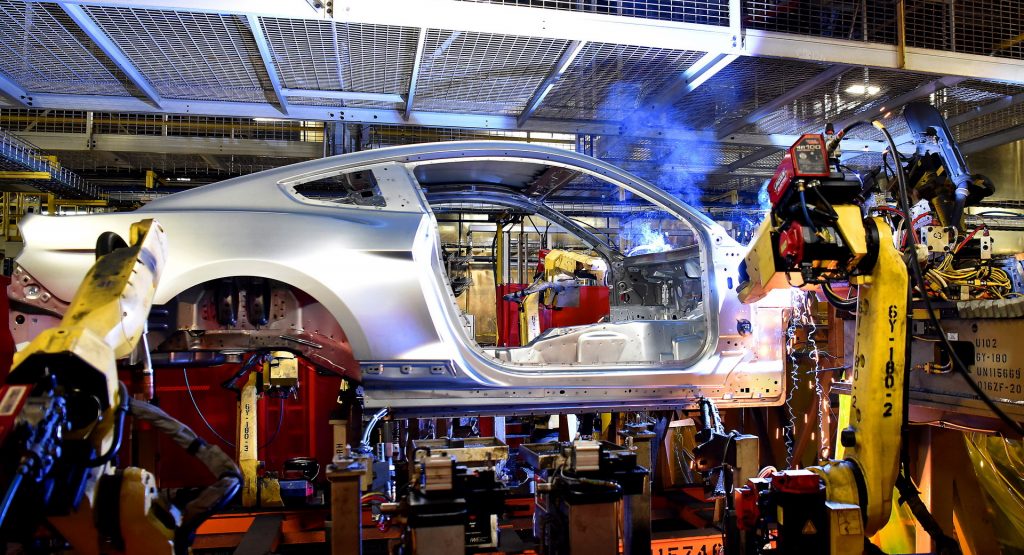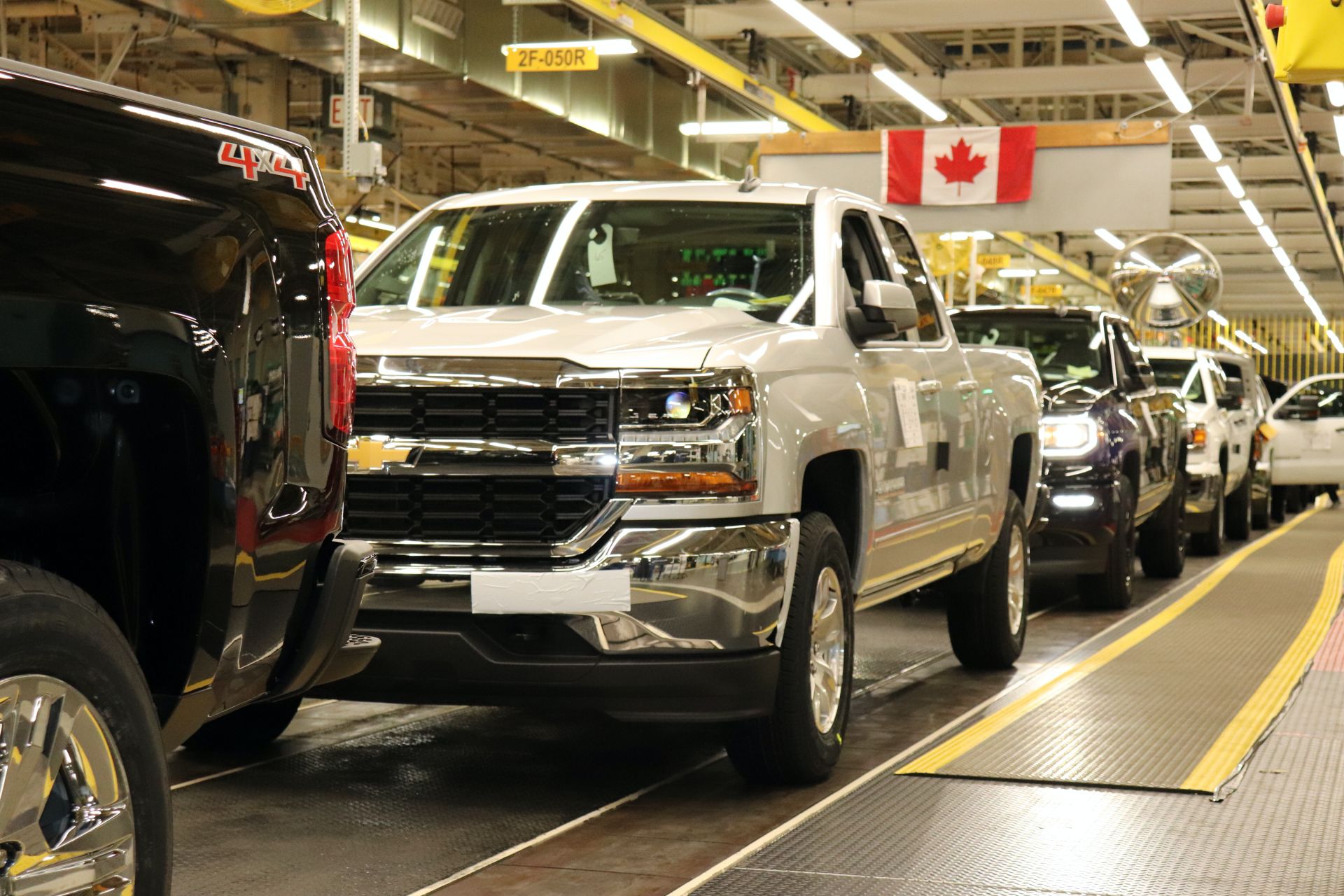Russia’s invasion of Ukraine has already forced several automakers to close plants in Russia, and has even caused parts supply problems affecting BMW factories in Germany.
But now it looks like the conflict could cause major problems for U.S. automakers based thousands of miles away and ruin car companies’ hopes that last year’s crippling semiconductor crisis could soon be over.
Neon is a gas used by the lasers employed in the manufacture of chips, and according to advisory services firm Techcet almost all of the U.S. supply of neon, and 70 percent of the global supply, come from Russia and Ukraine. Russia produces neon, a byproduct of steel manufacturing, which is then purified by a specialized Ukrainian company. In addition to neon, automakers also source aluminum, nickel, palladium and pig iron from Russia and Ukraine for use in chips.
Related: Haas Drops Russian Driver Nikita Mazepin And Sponsor Ahead Of 2022 F1 Season Over Ukraine Invasion
Neon prices rose 600 percent in the run-up to Russia’s 2014 annexation of Crimea, Automotive News Europe reports, and we could expect to see prices rise again both for neon and for other materials like palladium, which is used in both the manufacture of semiconductors as well as catalytic converters.
But Dan Hearsch, a managing director in the automotive and industrial practice at AlixPartners, told ANE that the Russian invasion of Ukraine shouldn’t cause immediate problems in the auto industry because companies making microchips have built of several months’ worth of neon stock.
“They saw this coming a little bit,” Hearsch told ANE. “After the last couple years, [they] decided we’re going to stock up on as much as we can.”
But that stock buffer won’t last forever, and if the Ukraine situation drags on, which it looks like it might, then automakers could face major setbacks in their plans to recover from the semiconductor crisis. Last week, BMW was forced to temporarily idle two plants in Germany and the Mini factory in the UK because of disruptions in the supply of wiring harnesses that are built by a German company based in Ukraine.





